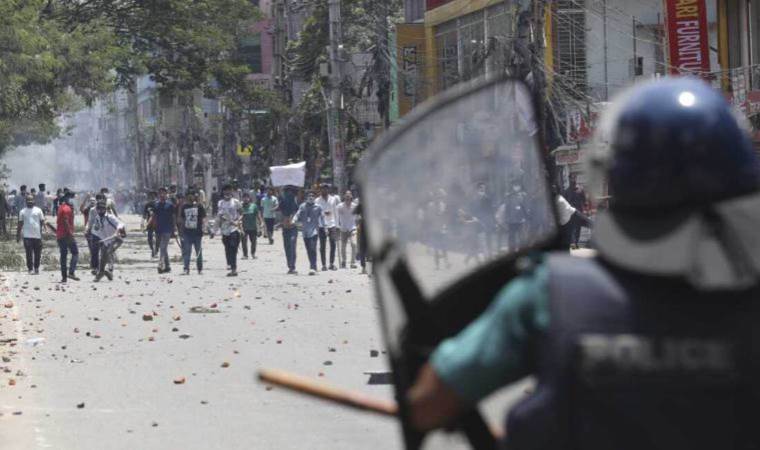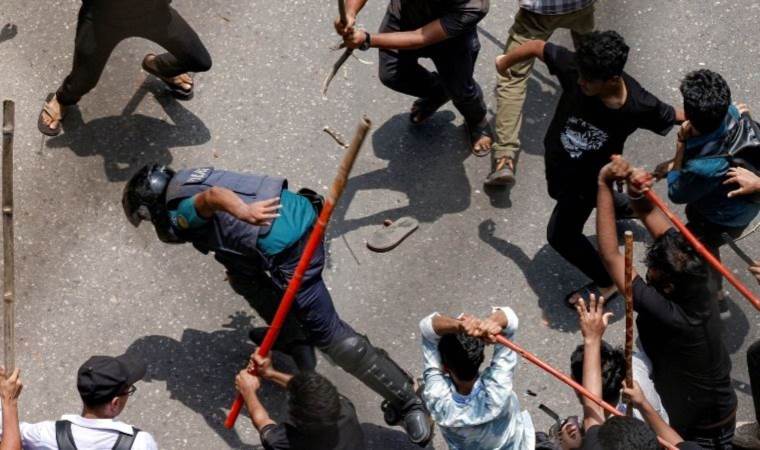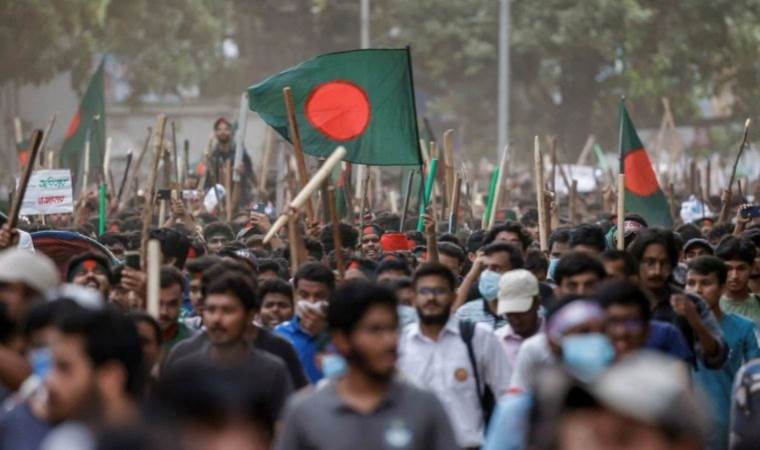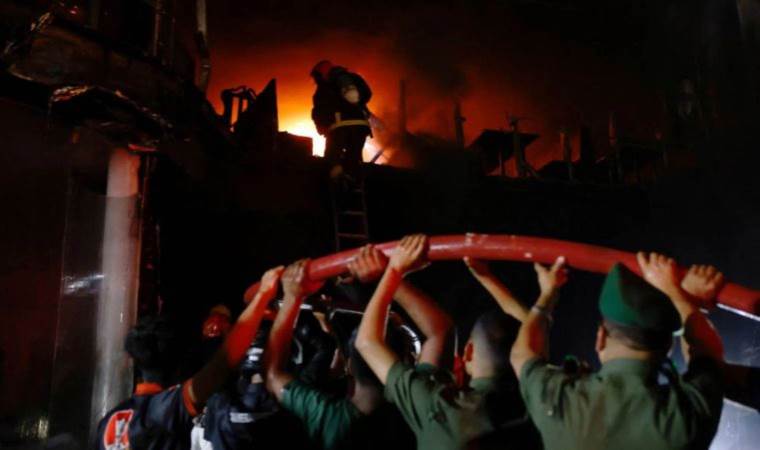Bangladesh top court scraps job quotas causing protests
Bangladesh's Supreme Court on Sunday scrapped most of the quotas on government jobs that had sparked student-led protests in which at least 114 people have been killed in the South Asian country, local media reported.

The court's Appellate Division dismissed a lower court order that had reinstated the quotas, directing that 93% of government jobs will be open to candidates on merit, without quotas, the reports said.
Prime Minister Sheikh Hasina's government had scrapped the quota system in 2018, but the lower court reinstated it last month, sparking the protests and an ensuing government crackdown.
Streets near the Supreme Court were quiet immediately after the decision and army teams were deployed throughout the capital Dhaka, a Reuters witness said. A military tank was stationed outside the Supreme Court gate, television footage showed.
Local media had reported scattered clashes earlier in the day between protesters and security forces.
The government had extended a curfew as authorities braced for the Supreme Court hearing on the job quotas. Soldiers were on patrol on the streets of capital Dhaka, the centre of the demonstrations that spiralled into clashes.
Internet and text message services in Bangladesh have been suspended since Thursday, cutting the nation off as police cracked down on protesters who defied a ban on public gatherings.
The curfew ordered late on Friday had been extended to 3 p.m. (0900 GMT) on Sunday and was to continue for an "uncertain time" after a two-hour break for people to gather supplies, local media reported.
Reuters could not immediately determine what would happen to the curfew after the ruling.
The Supreme Court directed the government to cut the job quotas for families of those who fought for independence from Pakistan to 5% from 30%, local media said. The remaining 2% of jobs still subject to quotas are for people from so-called backward groups and the disabled, the reports said.




